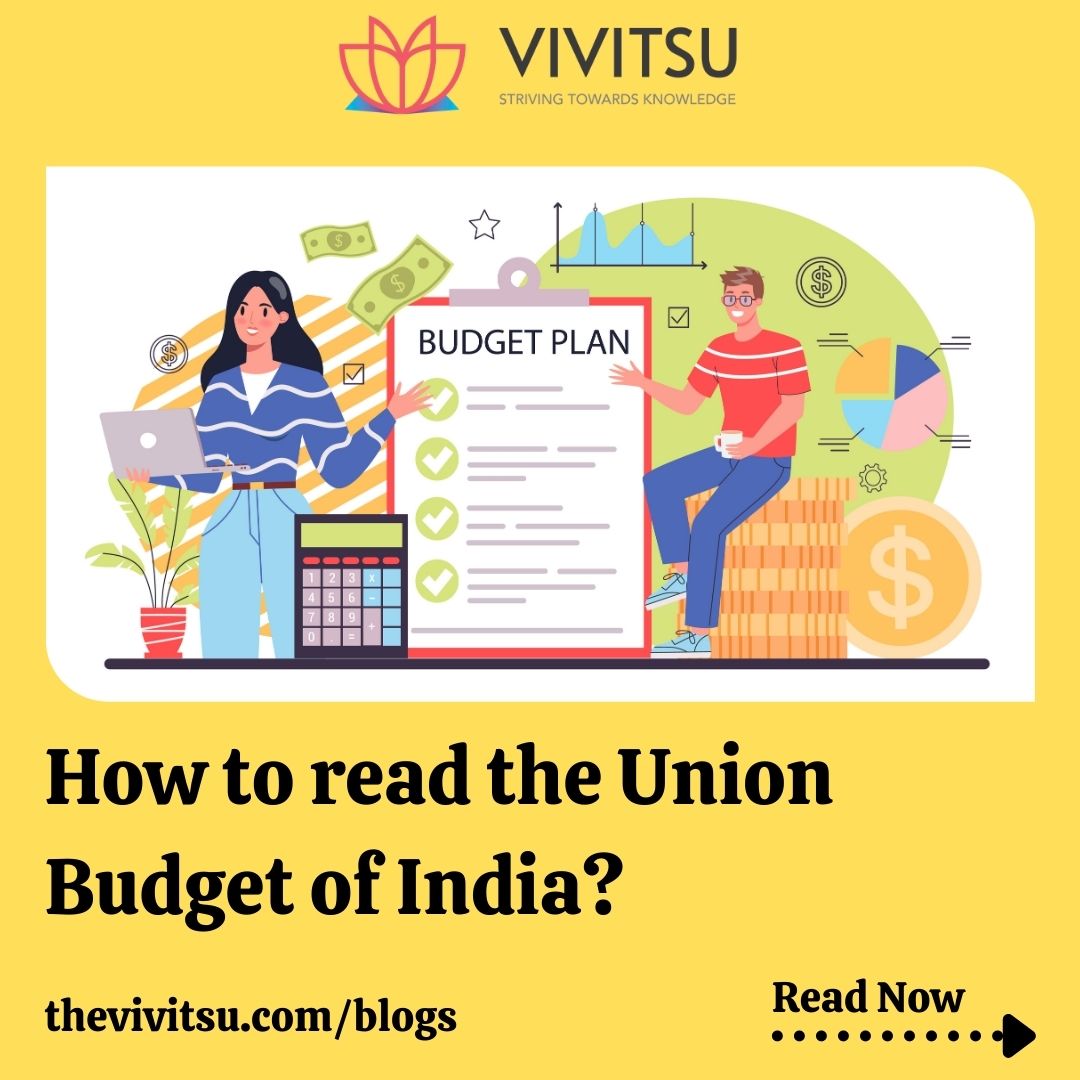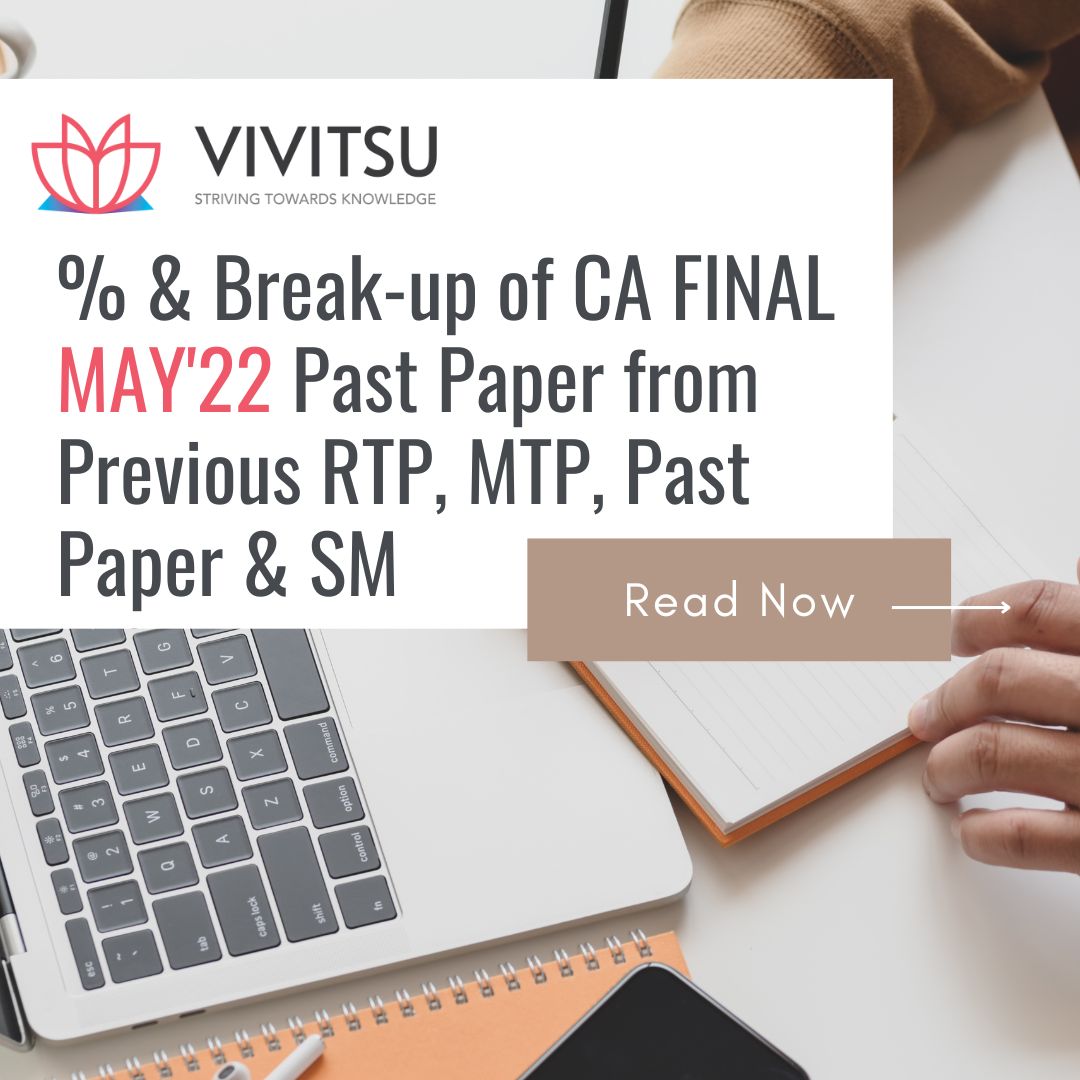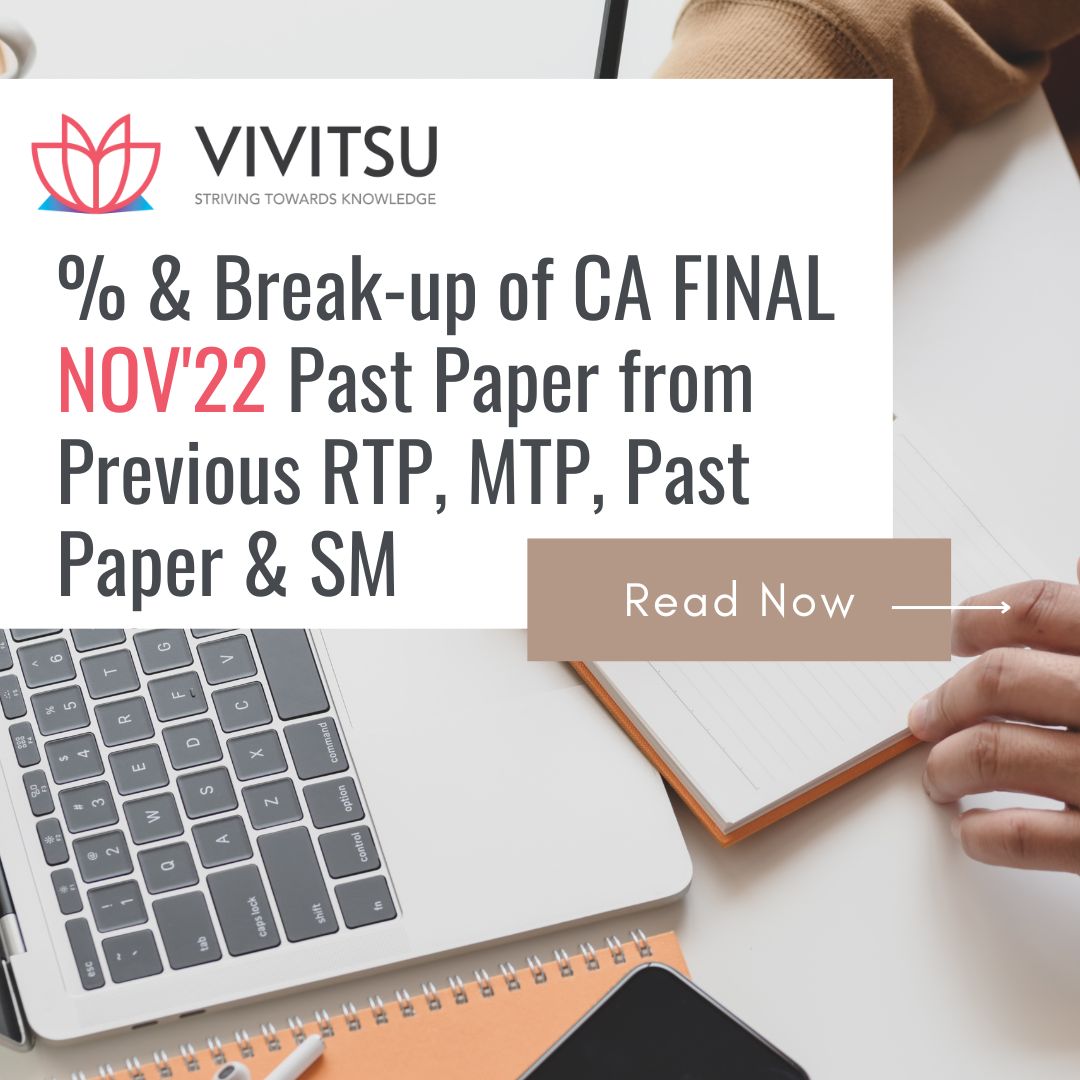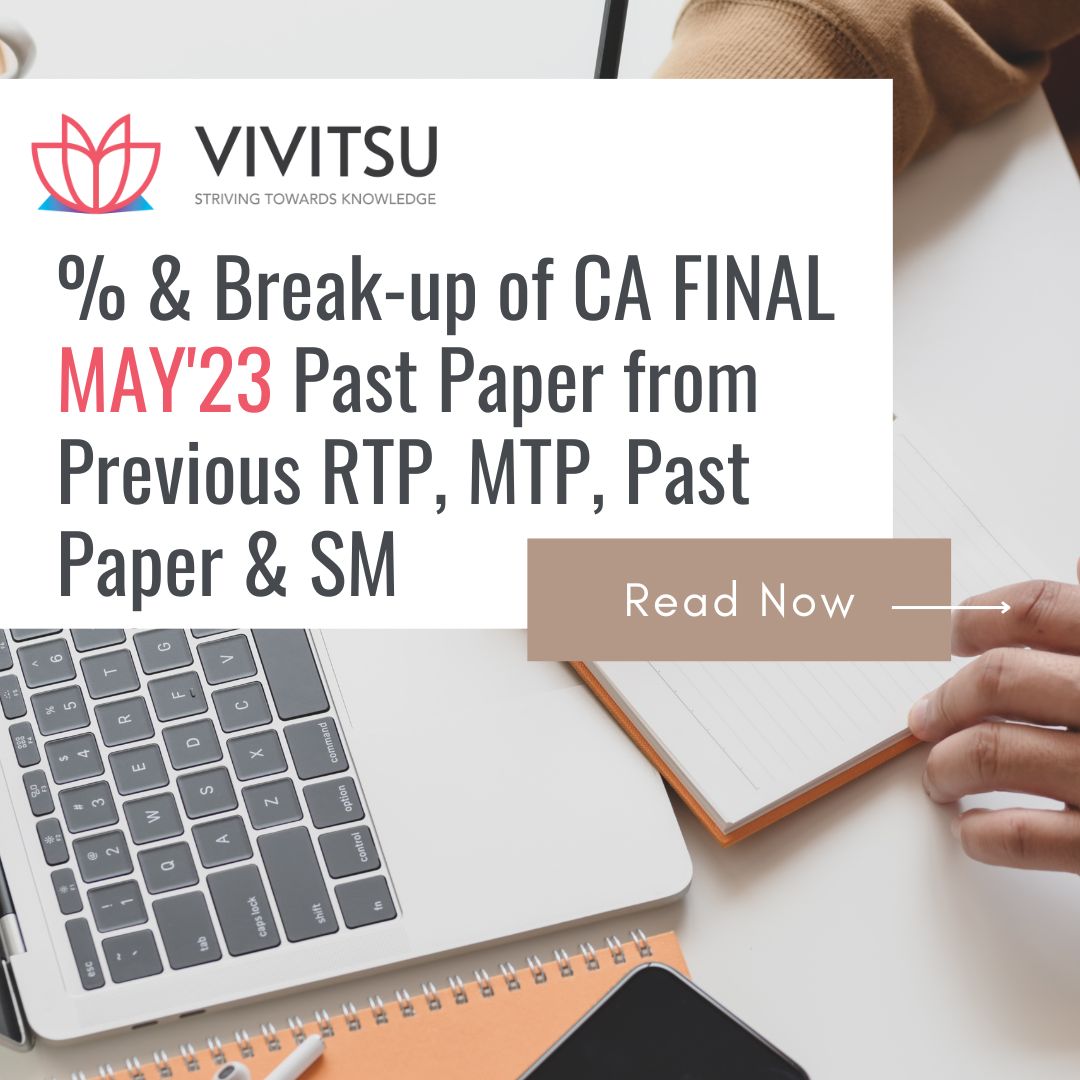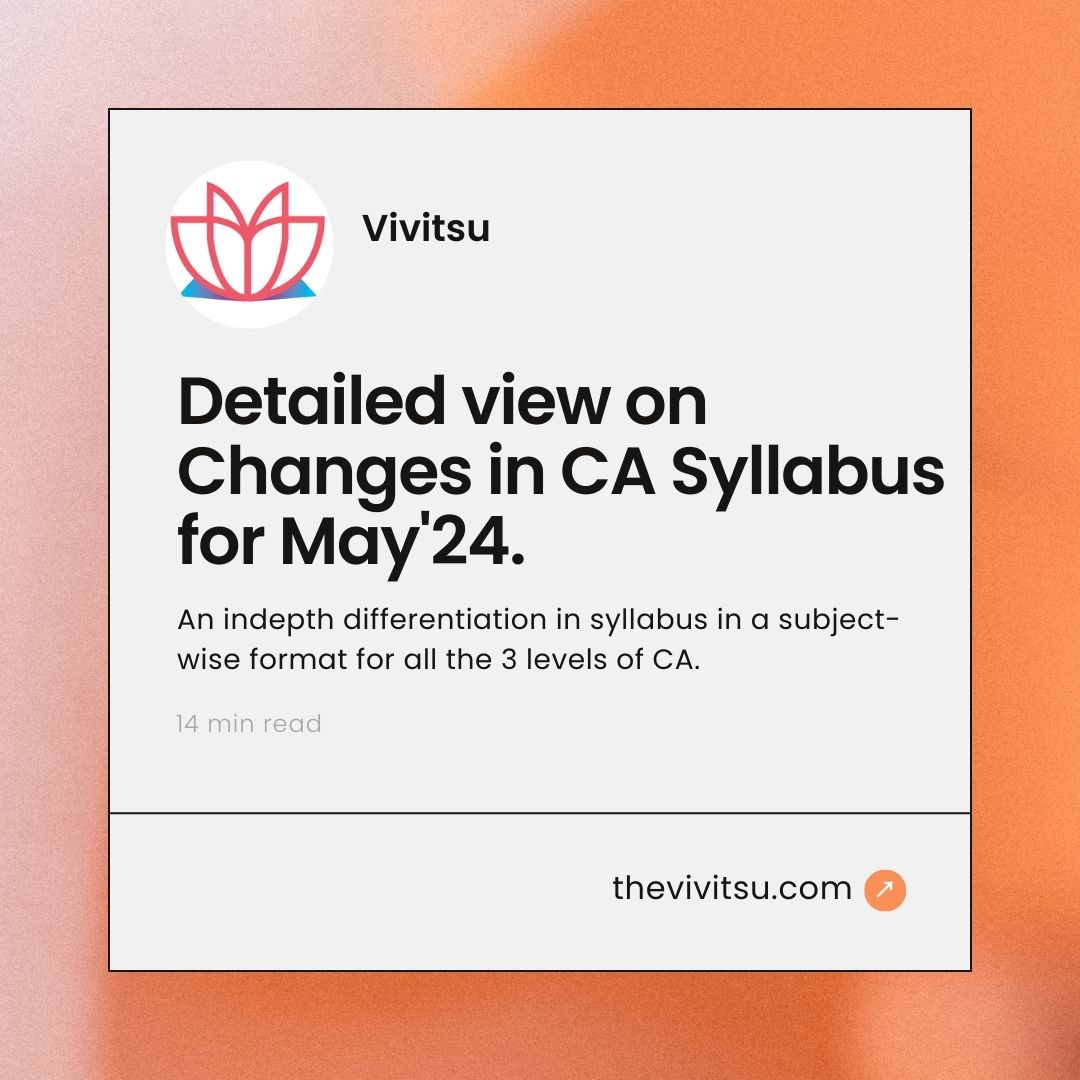Strategic Cost & Management Accounting
- CA Khushi Shah . 1063+ Reads
Cost Management Techniques- 18 marks
- Theory is more important in this chapter. Theory is easy to retain and is a must do from this chapter.
- For Theory make revision notes or highlight important phrases as it is quite lengthy and revising everything last minute will be difficult.
- Case Scenarios are very common from this topic as a result a mix of theory and practical is asked hence leaving the theory is no longer an option for students.
- Practical questions are usually asked from Life cycle costing or Pareto Analysis.
- Important topics from this Chapter-
- Life cycle costing (Easy & Must do)
- Pareto Analysis
- Target Costing
Decision Making- 17 marks
- For solving CVP Analysis sums, write down all permutation & combinations of how to derive a particular variable and create your own formula sheet.
- Opportunity costs should be considered while studying keep or drop decision Analysis.
- To find optimum mix linear programming should be used.
- Practical Sums of different topics under this chapter look very similar, hence students get confused how to start solving. Practice individual topic wise in this chapter and mark questions which will cover the entire topic concept.
- Concepts studied in this chapter will help you solve pricing decision problems as well.
- The Following types of questions are popular in
- Breakeven Point Calculation
- Minimum Pricing Decisions
- Special Order Decisions
- Sell or Further Process decisions
Performance Measurement & Evaluation- 15 marks
- Theory forms a major part of this chapter, maximum case studies are asked from this chapter. Hence studying case studies relevant to this chapter is very important.
- Give more importance to decision making & CVP analysis rather than this chapter as this is a very lengthy chapter and can get dry while studying.
- EVA is a very easy concept and is a must do as similar questions are asked in SFM too.
- The following types of questions are asked in exams-
- Balanced Scorecard
- CSFs & KPIs
- Benchmarking
- Building Block Model
Divisional Transfer Pricing- 13 marks
- The Practical sums can get tricky, have a fixed format, and solve the sum so as to avoid silly mistakes.
- Concepts studied in decision making will be partly used while studying this chapter. Calculation of minimum & optimum price concepts are essential to transfer pricing topic.
- A relatively short chapter with a high weightage. This is a must do topic.
- Important types of questions-
- Inter divisional Transfers
- Transfer pricing at different capacity levels
- Cost Price Method of Transfer Pricing
Standard Costing- 12 marks
- Usually skipped by students which is a very big mistake. At least the basics should be studied by students. For example many times direct formula implementation questions are asked which are easy scoring questions.
- Having a formula sheet is necessary for this chapter.
- Knowing the difference and how to solve the actual standard quantity/hours/price and the budgeted standard quantity/hours/price is 40% of knowing this chapter.
- Important questions from this chapter-
- Variation Analysis & Activity Based Costing
- Interpretation of Variances (Case Scenarios-VERY IMP)
- Direct Labour Variances
- Fixed Overhead Variances



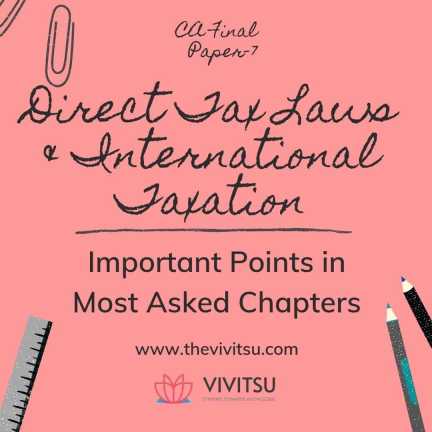
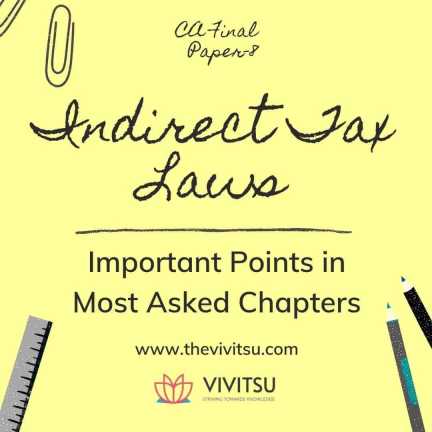
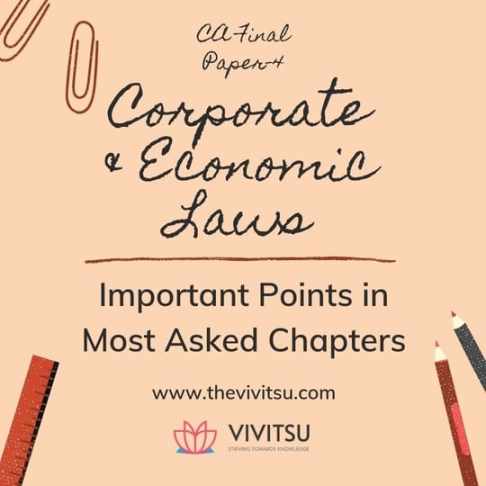
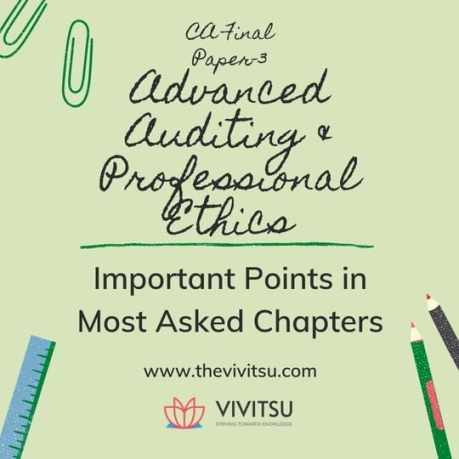
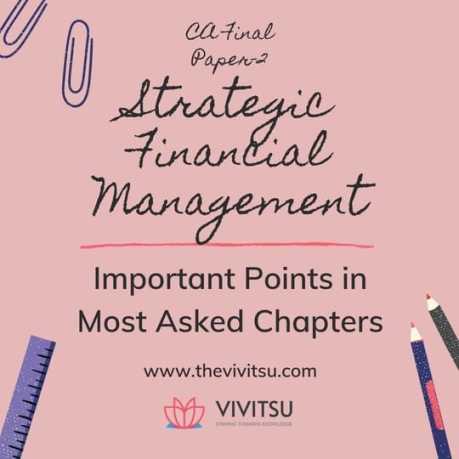
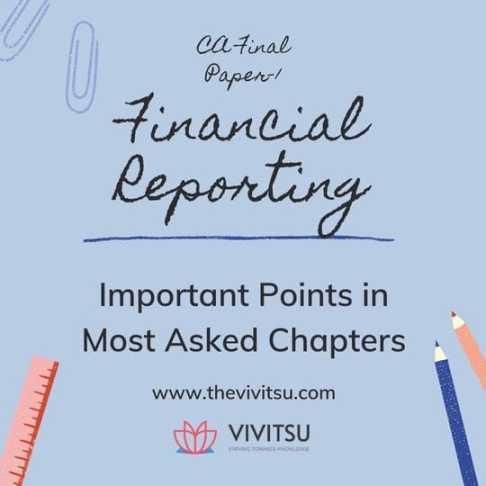
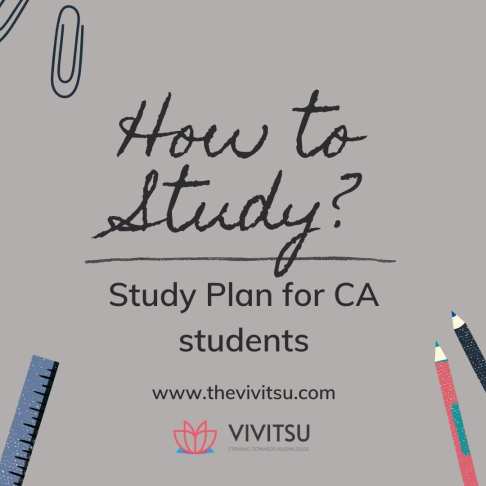
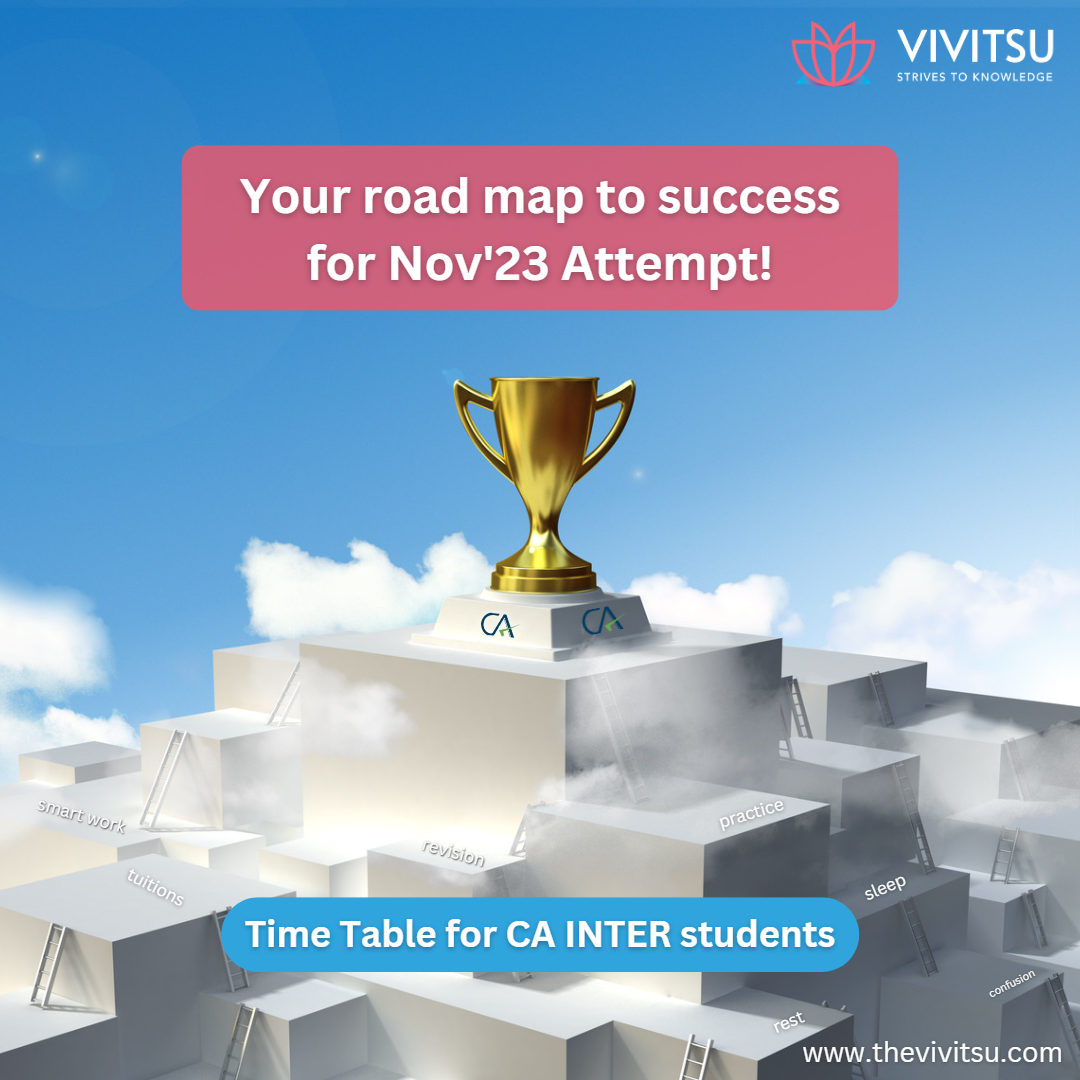
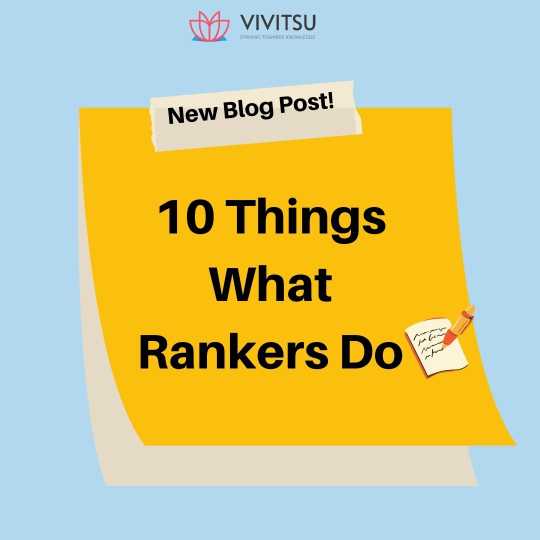



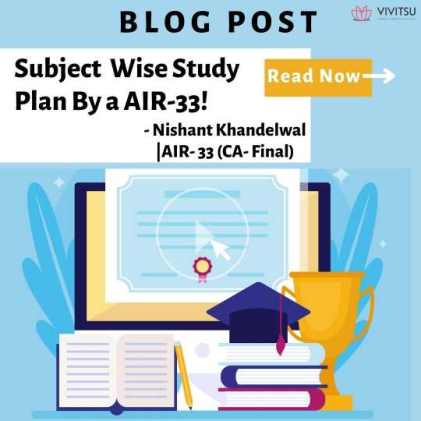

.jpg)
